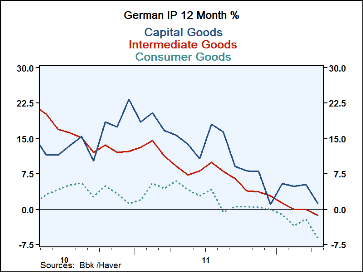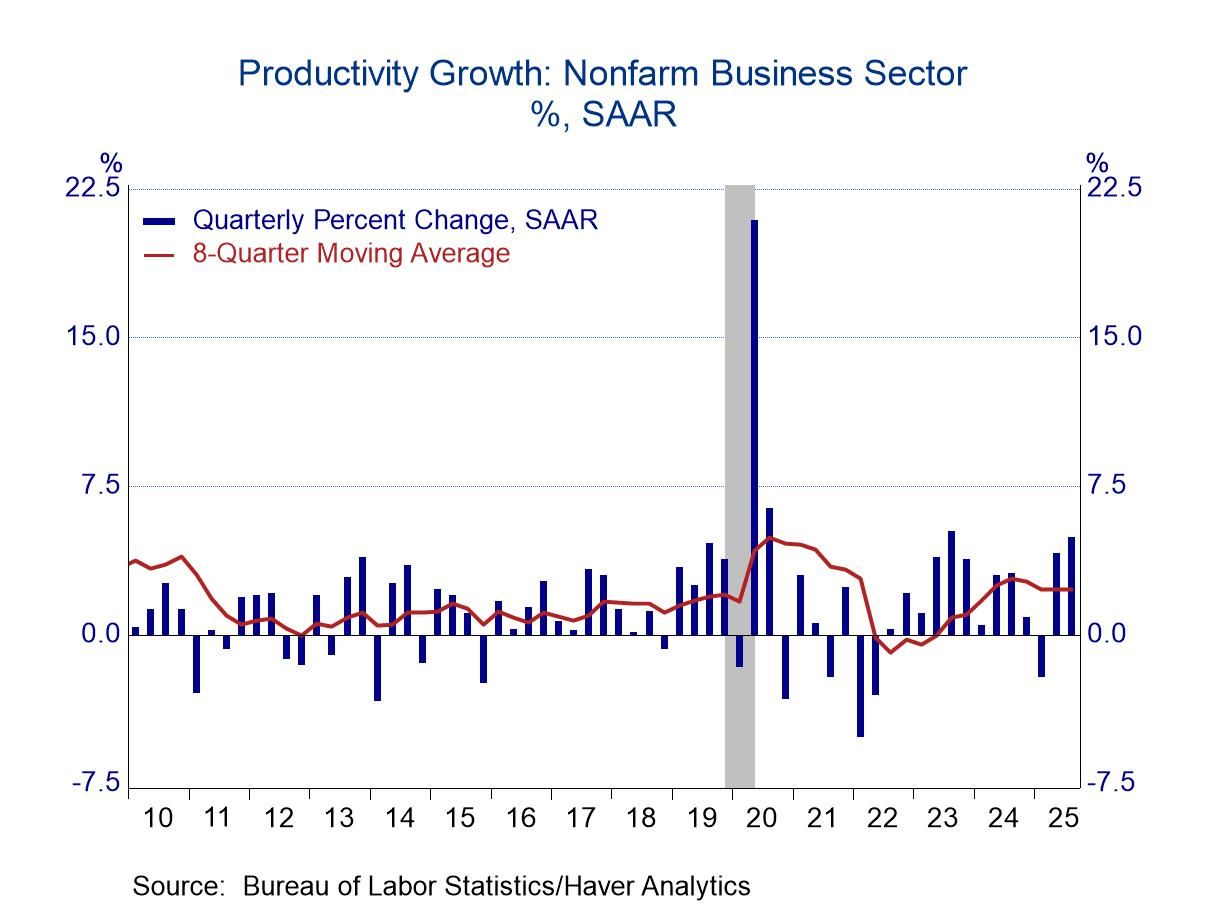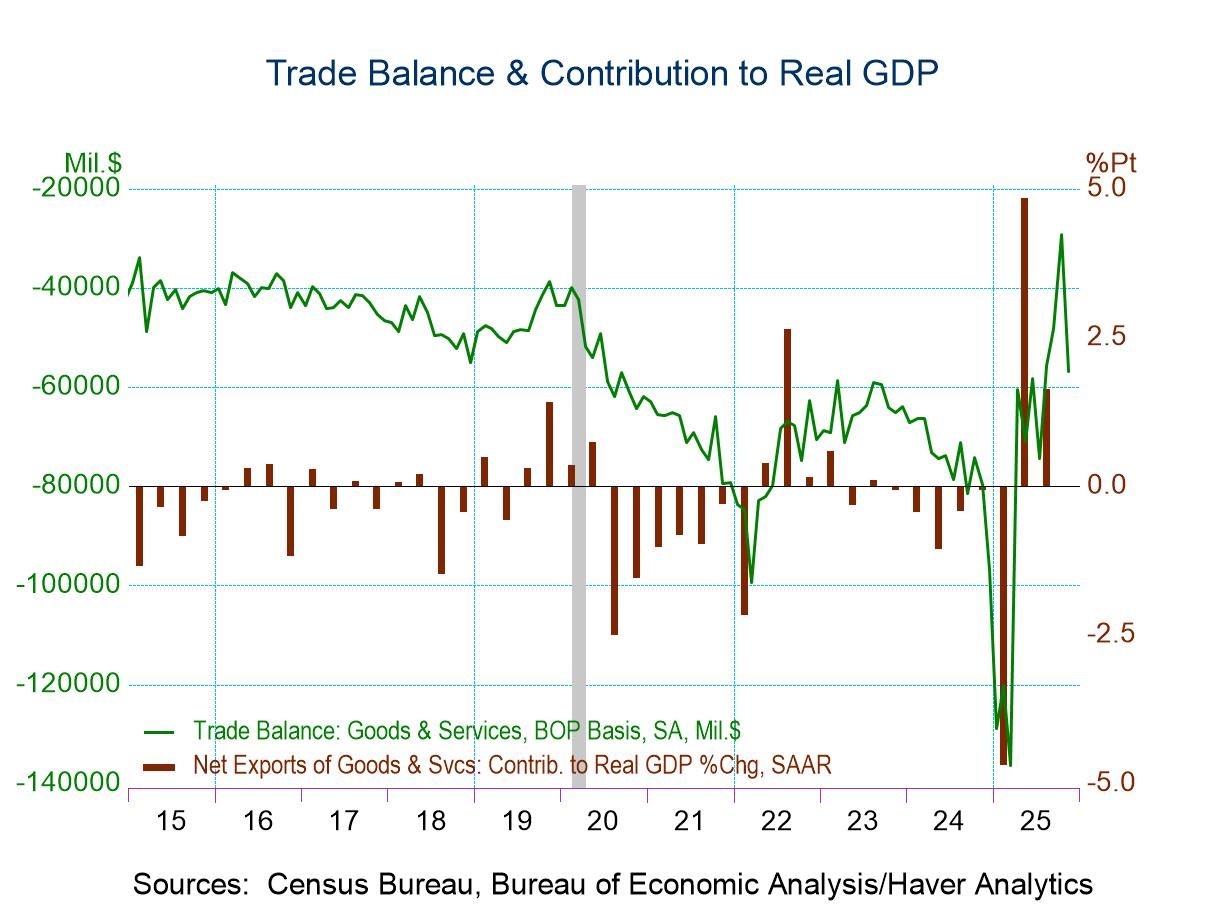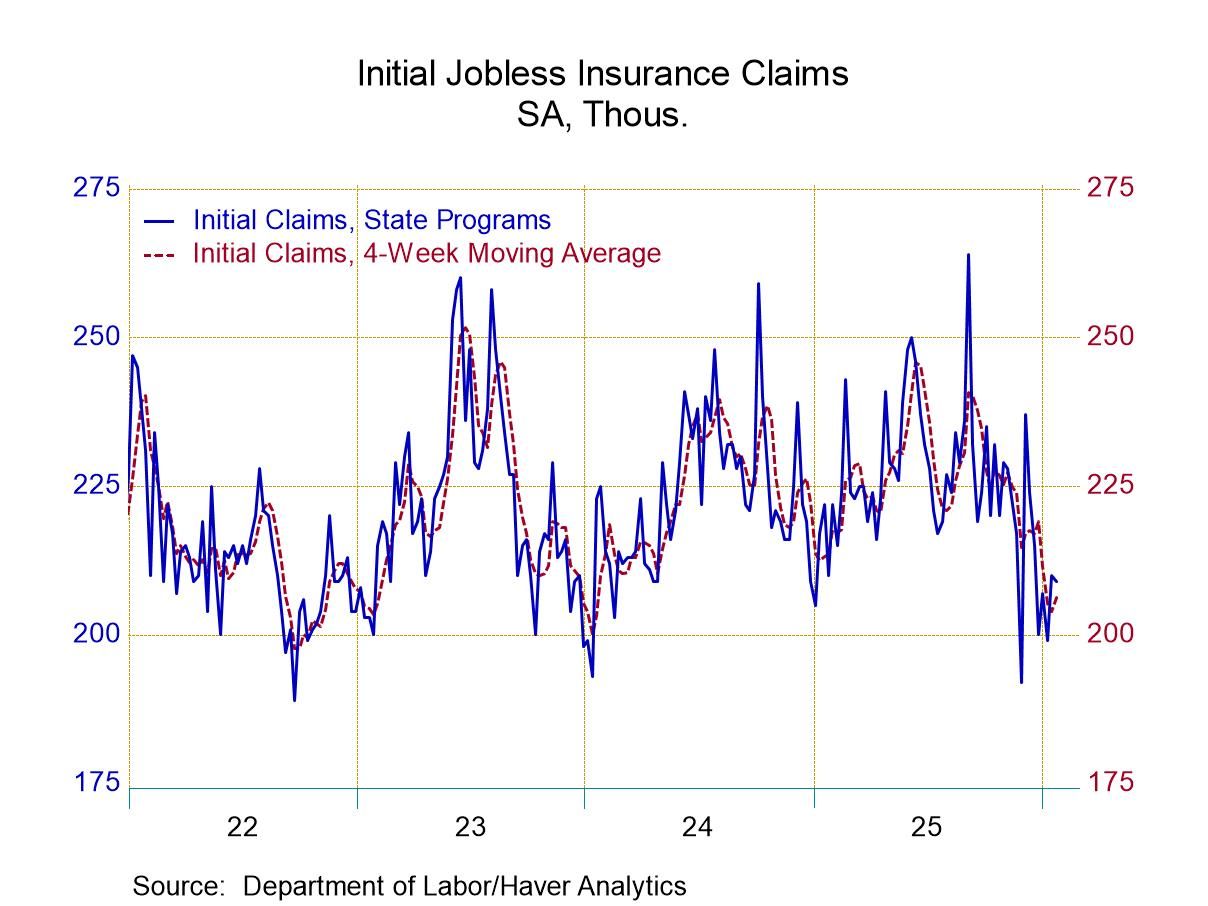 Global| Jun 06 2012
Global| Jun 06 2012German IP Can You Spot the Trend?
Summary
The picture for German industrial production is now so clear and so obvious the only uncertainty is about the future pace and how long this ramp-down will continue. Output of consumer goods is unraveling at an unnerving pace despite [...]
 The picture for German industrial production is now so clear and so obvious the only uncertainty is about the
future pace and how long this ramp-down will continue. Output of consumer goods is unraveling at an unnerving pace
despite the fact that in Germany itself the consumer sector and unemployment rate have been quite buffered from the
troubles in the rest of the Zone. Capital goods output started to step up its negative pace over six months and
it’s a bit worse over three months. Only intermediate goods, a sector that is a tag-along sector is not showing a
worsening of growth from 12- to 6- to 3-months.
The picture for German industrial production is now so clear and so obvious the only uncertainty is about the
future pace and how long this ramp-down will continue. Output of consumer goods is unraveling at an unnerving pace
despite the fact that in Germany itself the consumer sector and unemployment rate have been quite buffered from the
troubles in the rest of the Zone. Capital goods output started to step up its negative pace over six months and
it’s a bit worse over three months. Only intermediate goods, a sector that is a tag-along sector is not showing a
worsening of growth from 12- to 6- to 3-months.
In the unfolding quarter (one month in, these calculations look at production in April relative to the Q1 average and annualize the growth rate) consumer goods output is under an accelerated decline as is capital goods output. Intermediate goods output is declining but on a mild gradient compared to the other sectors.
Industrial output is not seeing its fall accelerate over three months compared to six months but the pace is not much different on those to horizons and near a -4% pace.. In the unfolding quarter the drop in IP is (mostly) severe based on the large drop in April.
The orders trend actually had an upturn to it and we will want to watch that to see if it endures or if it is an artifact of volatility. Real industrial orders did fall by 1.9% in April. But their previous rise in March left the level in April above the average for Q1 as a result real orders actually are expanding at the start of Q2, too, compared to Q3 despite an April fall.
We also have Spain’s and Portugal’s IP data for April and both show MFG output is off. It is becoming laborious to report how badly the Euro-Area is doing.
I am surprised that Draghi’s comments that were so vague and that broke no new ground were cited as a reason for stock markets to improve. Europe is in such a fix and the various strands of problems are becoming so intertwined it seems increasing less likely that Europe can extract itself without a real crisis rearing up. Delay is not a strategy. As policymakers delay the real economy gets woes as we can see from the IP trends. Germany was once resistant to declines in IP now it is a charter member of the club.
| Total German IPr | |||||||
|---|---|---|---|---|---|---|---|
| SAAR Except M/M | Apr 12 |
Mar 12 |
Feb 12 |
3Mo | 6Mo | 12Mo | Q-2-Date |
| IP total | -2.2% | 2.2% | -0.4% | -2.1% | -3.3% | -0.7% | -5.6% |
| Consumer | -3.7% | 2.2% | -1.2% | -10.6% | -8.2% | -6.1% | -15.1% |
| Capital | -3.6% | 1.6% | 1.0% | -4.3% | -3.8% | 1.3% | -13.0% |
| Intermed | -0.4% | 0.2% | -0.1% | -1.4% | -3.2% | -1.3% | -2.1% |
| Memo | |||||||
| Construction | -6.0% | 26.0% | -16.3% | -3.8% | -0.2% | -0.8% | 17.9% |
| MFG IP | -2.3% | 1.1% | 0.3% | -3.8% | -4.0% | -0.9% | -8.6% |
| Real MFG Orders | -1.9% | 3.2% | 0.0 | 7.6% | -3.2% | -3.7% | 2.4% |
Robert Brusca
AuthorMore in Author Profile »Robert A. Brusca is Chief Economist of Fact and Opinion Economics, a consulting firm he founded in Manhattan. He has been an economist on Wall Street for over 25 years. He has visited central banking and large institutional clients in over 30 countries in his career as an economist. Mr. Brusca was a Divisional Research Chief at the Federal Reserve Bank of NY (Chief of the International Financial markets Division), a Fed Watcher at Irving Trust and Chief Economist at Nikko Securities International. He is widely quoted and appears in various media. Mr. Brusca holds an MA and Ph.D. in economics from Michigan State University and a BA in Economics from the University of Michigan. His research pursues his strong interests in non aligned policy economics as well as international economics. FAO Economics’ research targets investors to assist them in making better investment decisions in stocks, bonds and in a variety of international assets. The company does not manage money and has no conflicts in giving economic advice.






